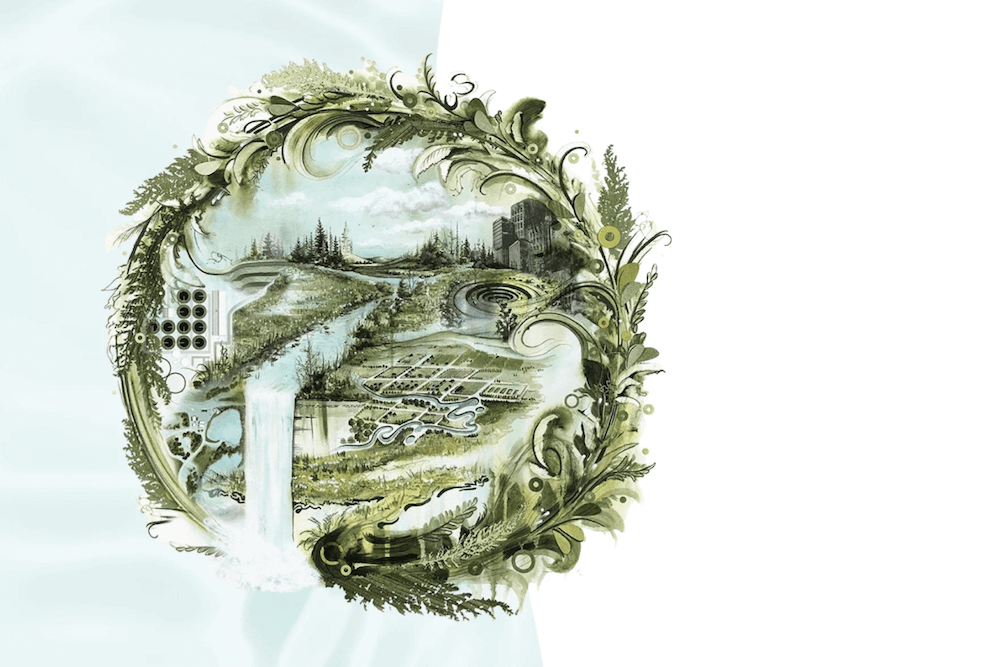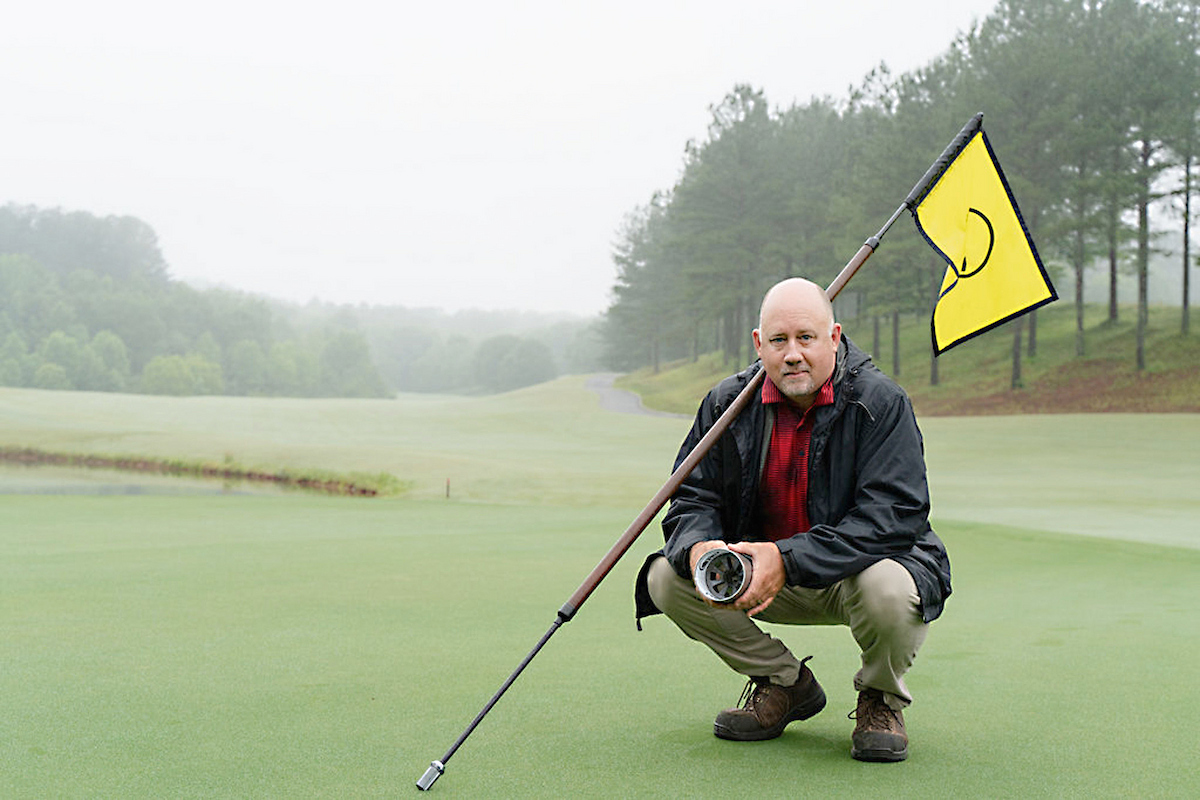In recent years, local food advocates have viewed food hubs — groups of farmers who pool their produce to fill large orders from institutions or larger retailers — as the bridge between local produce from small farms and the mainstream food markets. However, the idea is still new, and many farmers are unsure how to get a new hub started or make a currently working food hub last.
Carrie Furman, an anthropologist working in the University of Georgia Department of Crop and Soil Sciences, recently received a $230,000 grant from USDA’s Southern Sustainable Agricultural Research and Education program to develop a best practices guide for developing and maintaining successful food hubs. Julia Gaskin, sustainable agriculture coordinator for the UGA College of Agricultural and Environmental Sciences, and Hilda Kurtz, local food systems researcher in the UGA Department of Geography, will join Furman in the study.
“We’re looking to tease out what works best for the farmers and managers and how they marry the mission of their particular food hubs with the market realities,” Furman said. “We’re also looking at what all this means for the quality of life for farmers and what this means for local food. We want to find out how we can start meeting the demand for local food in Georgia.”
A recent UGA survey of small- to mid-size Georgia farmers found that about 90 percent were interested in forming food hubs to help them market their produce to larger buyers. While there are several working food hubs in Georgia, little research has been done on what makes some work better than others, and little guidance is available to farmers who want to start food hubs.
Furman and her colleagues will look at three different food hub models to identify what makes each successful. She will focus on Moore’s Farm and Friend in Roanoke, Alabama, which started as an informal group of farmers who are friends; the Southwest Georgia Project Cooperative, a group of small farmers who started a non-profit food hub; and The Turnip Truck, a for-profit produce consolidation company owned by an outside entrepreneur who is not a farmer.
Because of her background in anthropology, Furman has included Faidra Papavasiliou, an anthropologist at Georgia State University, to help establish a field research course for students who want to study how food hubs affect farmers and the economic impact of local food.
The students will use traditional anthropological practices, like participant observation, and reflect on their experiences working in farmers’ fields and working to get produce to market. The researchers hope the course, which will be offered through Georgia State but open to students from other universities, will attract students studying geography, anthropology, agricultural economics and other fields.
Lurleen Walters, an assistant professor of agricultural economics at Mississippi State University, will provide economic analysis of each food hub and its economic impact.
At the end of the three-year study, Furman hopes to produce a set of best practices that will help Georgia farmers take advantage of larger markets by forming food hubs.
For more information about food hubs in Georgia, read the following articles:
- Survey says: Georgia farmers interested in forming food hubs as a means of marketing produce, fresh meat and eggs (georgiafaces.caes.uga.edu/index.cfm?public=viewStory&pk_id=4643)
- Georgia’s burgeoning network of food hubs already making connections between farmers and local markets (georgiafaces.caes.uga.edu/index.cfm?public=viewStory&pk_id=4553)
- Ag stakeholders kick off food hubs plan for Georgia (georgiafaces.caes.uga.edu/index.cfm?public=viewStory&pk_id=4265)
For more information about the Southern SARE program, visit www.southernsare.org. For more information about sustainable agriculture research at UGA, visit www.caes.uga.edu/topics/sustainag/.



